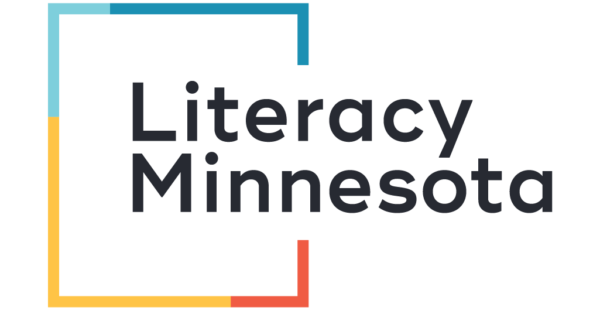Resources
Results
PowerUp: What Works – English Language Arts Teaching Strategies
Additional Comprehension Resources
The Times in Plain English
Additional Fluency Resources
Reading Skills for Today’s Adults – Fluency
Reading Skills for Healthcare Workers – Fluency
Is Fluent, Expressive Reading Important for High School Readers?
Fluency: Research and Teaching Strategies
Fluency Techniques for STAR/EBRI Volunteers
Fluency Instruction for STAR/EBRI Volunteers
Fluency – Challenges & Possible Solutions
CCRS and the Reading Foundational Skills
The Teachers’ Room: Correcting Errors
Reading Skills for Today’s Adults – ESL
- CCRS
- Comprehension
- Curriculum Design
- ESL
- Fluency
- Formative Assessment
- Text-Dependent Questions
- Vocabulary
ReadWorks.org
How Should Adult ESL Reading Instruction Differ From ABE Reading Instruction?
Error Correction
6 ESL Teaching Techniques to Cut TTT and Get Your Students Talking
New Resources
Presenter Information
Get information about stipends, reimbursements, and other instructions for presenters.
MN ABE YouTube Channel
The MN ABE YouTube Channel is a free online PD resource that you can use to explore teaching techniques and classroom ideas in action! Find out more in this MN ABE Connect newsletter article.
Upcoming ABE Events
Comprehension Strategies for Intermediate-Level Readers
Registration Deadline: TUE. 10/29/24 Research shows that explicitly teaching a set of comprehension strategies is a great way to help intermediate-level readers maximize their understanding of texts. Come learn a handful of great comprehension tools that will help students develop critical thinking skills and comprehension skills. Learn More
2024 Fall Manager Meeting
1000 Gramsie Rd
Shoreview, MN 55126 United States
The 2024 Fall Manager Meeting will be held on Wednesday, October 30 from 9:00 am – 3:00 pm. The target audience for this event is adult education managers, coordinators, administrators, and other program leaders. Because the focus of this meeting will be on collaborative problem solving and sharing around priority… Learn More
1000 Gramsie Rd
Shoreview, MN 55126 United States
Minnesota State – ABE Corequisite Affinity Group Meeting
Kickoff Meeting for the year: October 31 @ 2:00 – 3:15 pm CDT – OR – November 1 @ 10:00 – 11:15 am CDT You choose the option that best suits your schedule. Content is the same for both. All meetings are free. No Registration – use this… Learn More

